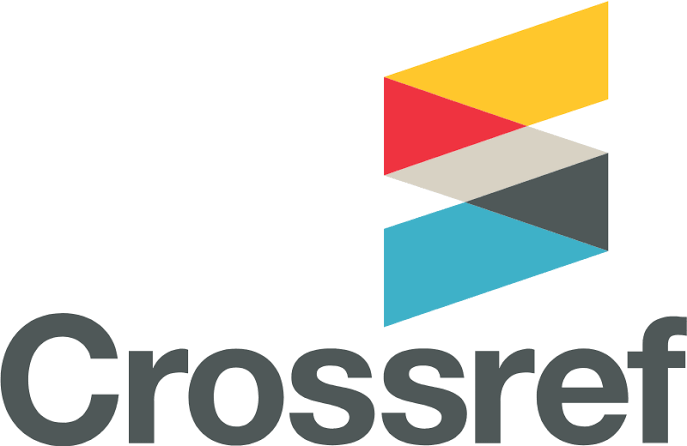Barriers to timely vaccination in underserved communities: a community- based participatory research approach
DOI:
https://doi.org/10.5281/m.v5i1.82Keywords:
vaccination, community-based participatory research, underserved communities, health disparities, vaccine uptake barriersAbstract
Immunization is a life-saving public health measure that is highly effective. On the other hand, disparities in vaccination uptake still exist with underserved communities being the most affected due to multiple barriers that discourage prompt vaccination. The objective of this study is to identify and investigate the barriers to prompt immunization in underserved communities using a CBPR approach which builds trust and engages community members, improves data quality, and cowers intervention strategies. The study used a mixed-methods approach for design in collaboration with community members and key stakeholders in three under-resourced communities. Firstly, quantitative data were gathered using surveys to count vaccination rates and detect possible obstacles around vaccination. Qualitative group and interview discussions then providing a deeper understanding. The study went through the dialectic process, adapting the research methods to the data and the community adjustments. The integration of qualitative and quantitative findings showed systemic, informational, and systemic barriers. One of the systemic barriers was unavailability of healthcare facilities and transport difficulties. Information barriers cover low health literacy and misinformation about the vaccines. The social barriers involved cultural norms and the stigma associated with vaccination. The community engagement process, through the CBPR approach, brought up unique challenges that were related to a specific locality, and the provision of interventions that were tailored to fit those contexts. The timely vaccination in the underserved communities is hindered by the multidimensional barriers. The CBPR approach demonstrated the contextual and nuanced barriers, thus, pointing towards the need for tailored, community-engaged strategies with a view to improving vaccine uptake. The findings promote interventions that are different but also similar because they target to serve multifaceted communities, proposing models for partnership, resource distribution, and informational campaigns to promote vaccine equity.
Downloads
Published
How to Cite
Issue
Section
License
Copyright (c) 2024 Ochechi Joseph Ugbede, Dr. Aleke Solomon Arinze, Obiechina Lilian Ifeyinwa, Dr Uzoamaka Okenwa Uzoechina, Emmanuel Onuh Ochechi, Dr. Ogbuyeme Jennifer Ngozika, Dr. Martina Eze, Ibenyenwa John Chinaza, Okolo Petronilla Nnenna, Dr Ugwuanyi Rosemary Chinenye, Dr Ochiaka Dennis, Dr. Chibunze Alphonsus Uchechukwu

This work is licensed under a Creative Commons Attribution-NonCommercial-NoDerivatives 4.0 International License.











